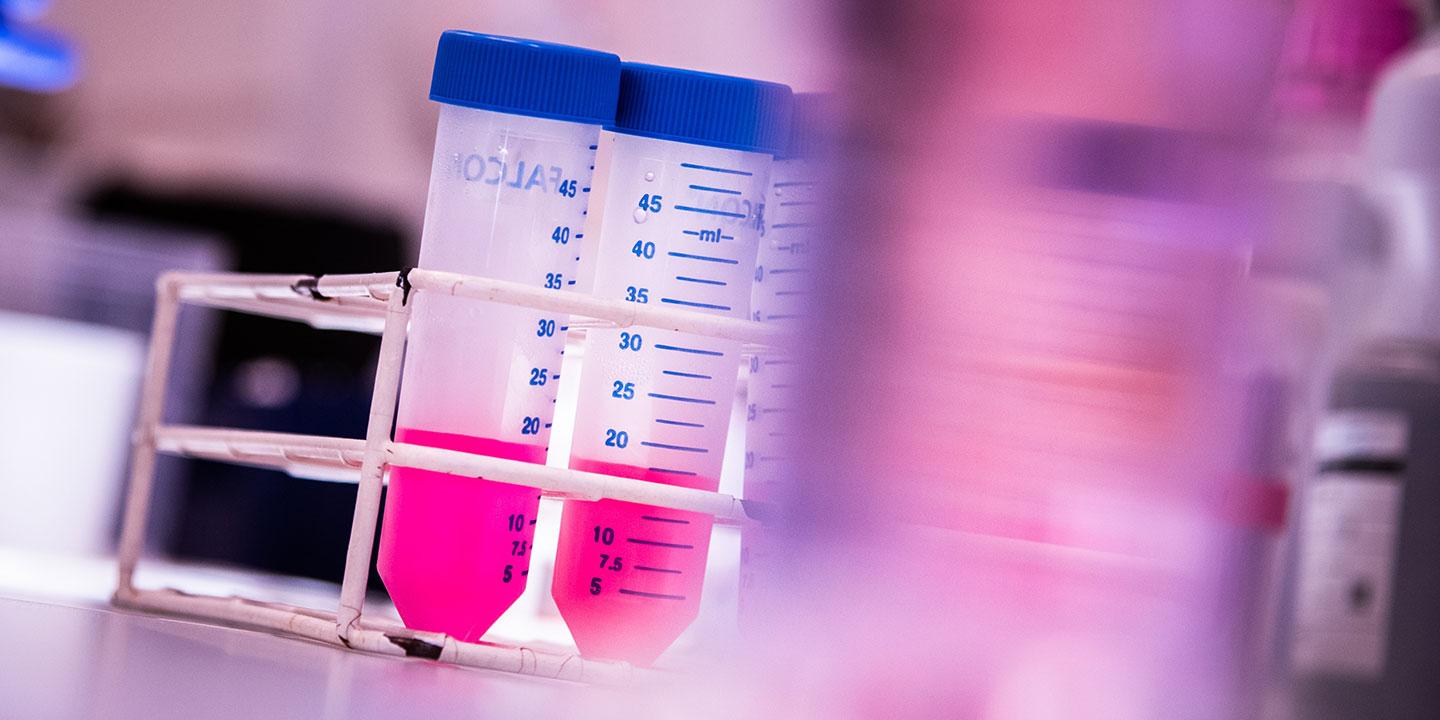Immunological risk prediction of post-Covid-19 syndrome or «long Covid»

With the emergence of the current severe Covid-19 pandemic, we wanted to contribute to the understanding of beneficial and harmful immune responses following SARS-CoV-2 infection. Thus, we characterized the immune response at different times after SARS-CoV-2 infection.
Background
With the emergence of the current Covid-19 pandemic, it became paramount to understand the beneficial and harmful immune responses following SARS-CoV-2 infection. Whereas beneficial immune responses comprise the elimination of SARS-CoV-2 and long-term immunological memory, harmful responses could relate to SARS-CoV-2-mediated immune-mediated disorders.
Aim
We established a prospective, multicentric and controlled Covid-19 cohort to study two main aims. In Aim 1, we assessed the immune response to primary infection by SARS-CoV-2 infection. In Aim 2, we determined several immunological markers of immunity, including SARS-CoV-2 -specific B and T cells at six and 12 months after primary SARS-CoV-2 infection. These results were compared to the clinical data of our study participants.
Results
Using our Covid-19 cohort, we characterized the innate and adaptive immune response during the acute and memory phases following a SARS-CoV-2 infection. We observed differences in innate immune and antibody responses between individuals that got mild versus severe Covid-19. We also reported that CoV2-specific antibodies could be found in nasal secretions, tears, and the saliva of a subset of individuals that tested negative for SARS-CoV-2-specific antibodies in the blood. Moreover, we were able to follow – for the first time – individual clones of SARS-CoV-2-specific B and T cells at 6–12 months after infection, which allowed us to characterize the factors important for long-lived memory B and T cells.
At the end of 2020, when it became evident that a considerable fraction of individuals affected by Covid-19 developed prolonged symptoms lasting for one to several months, we started to work on this condition that became known as Long Covid, post-Covid-19 syndrome, post-acute Covid-19 syndrome, or post-acute sequelae of Covid-19. We found that Long Covid occurred more frequently in individuals with lower-than-normal concentrations of two antibody subclasses, namely immunoglobulin M (IgM) and G3 (IgG3), which are important in early scavenging of pathogens and anti-viral responses, respectively. This reduction in titers of IgM and IgG3 was validated in an external cohort. Moreover, we observed that older age, a history of allergic bronchial asthma, and clinical severity during acute Covid-19 significantly increased the risk of Long Covid.
Specific contribution to tackle the current pandemic
Our finding that SARS-CoV-2-specific antibodies could be found in mucosal fluids of individuals that tested negative for SARS-CoV-2-specific antibodies in blood were the first of this kind and highlighted the importance of mucosal immunity against SARS-CoV-2. Similarly, our data on individual clones of SARS-CoV-2- specific B and T cells followed up after infection characterized for the first time the factors important for long-lived cells. Moreover, we contributed to identifying the risk factors of Long Covid.
Original title
Correlates of protective immunity to SARS-Coronavirus 2
